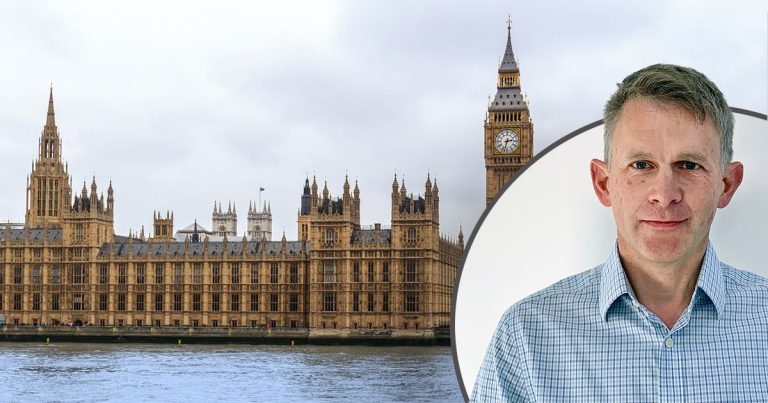26 Jun 2023
Fresh attempt to pass the widely supported bill into law has been blocked by MPs amid accusations, both inside and outside Parliament, of political game-playing.

The BVA has vowed to keep up the pressure for tougher animal welfare laws following a new row over the fate of the Kept Animals Bill.
A fresh attempt to pass the widely supported bill into law has been blocked by MPs amid accusations, both inside and outside Parliament, of political game-playing.
The failure of the latest bid, following a House of Commons debate on an opposition motion, brought expressions of dismay from welfare groups about political “dither”.
But BVA president Malcolm Morley was more encouraged by the launch of a public consultation on measures that ministers claim will effectively ban the keeping of primates as pets.
He said: “The scrapping of the Kept Animals Bill was a missed opportunity to tackle several pressing animal welfare issues in a single piece of legislation.
“However, we’re pleased to see the Government moving quickly on its commitment to deliver elements of the bill through other legislation.
“We will continue to put pressure on the Government to deliver the remaining individual measures including tackling puppy smuggling, the importation of dogs with cropped ears and live animal exports.”
But the RSPCA’s head of public affairs, David Bowles, described the latest developments as “terrible news”, adding: “While politicians dither, animals suffer.”
The long-sought Kept Animals Bill was finally dropped by the Government earlier this month, despite repeated pleas for progress from veterinary groups, including the BVA and charities.
An online petition demanding reversal of that decision, jointly created by the Conservative MP Dame Andrea Jenkyns, has already exceeded the 10,000-signature threshold that requires a formal Government response.
An opposition motion, debated in the Commons on 21 June, then sought to bring the bill back on to the agenda for a vote in July.
But it was defeated by 256 votes to 183, as a majority of Conservative MPs voted against legislation that their own administration had previously proposed.
Only one vote against the motion was cast by a member, the DUP’s Jim Shannon, who was not originally elected as a Conservative candidate.
A Government amendment to the motion, which sought to welcome its commitment to pass measures from the bill “including on the keeping and licensing of primates, livestock worrying, export of livestock, pet theft and the importation of dogs, cats and ferrets” before the next election, was passed instead.
In a statement released after the debate, vet and Conservative backbencher Neil Hudson defended the Government’s record, claiming that bringing forward measures individually instead of within the Kept Animals Bill was “a practical step”.
He said: “I want to ensure that this opportunity to protect our animals, and cement the UK’s status as a world leader in animal welfare, is embraced as soon as possible.
“This debate saw a clear re-commitment from this Government to raising animal welfare standards.”
Dame Andrea herself criticised the motion during the debate, accusing opposition parties of “using animals as political pawns”, but did not vote against it herself – unlike Dr Hudson.
But Labour politicians argued the two-year “sunset clause” within the bill, which expired earlier in June, meant a motion of the kind put forward was the only way the bill could be brought back before MPs.
Shadow environment minister Alex Sobel also accused the Conservatives of offering a “fake narrative” and argued the motion would not alter the original bill at all.
He said: “By not legislating for the provisions of their own bill and waiting two years to admit finally that they were abandoning it, they have created an unknown number of animal victims. How many animals have suffered because of this political choice?”
One area where there does appear to be progress, though, is in relation to primates after a consultation on proposed new measures was launched ahead of the 21 June vote.
Defra said the measures, on which views will be sought until 18 July, would effectively ban the keeping of primates as pets by requiring them to be housed in zoo-standard conditions.
The plans would also cut the maximum length of a primate keeper licence from the six years envisaged in the Kept Animals Bill to three, as well as enabling similar regulations to be implemented in other areas, too.
Ahead of the vote, Dr Morley said the measures were “a step in the right direction” as he urged leaders of the devolved administrations to take similar action.
But Dogs Trust veterinary director Paula Boyden warned the agony for animals was set to continue for as long as it takes for action to follow.
She said: “There are all manner of crimes against animals that the bill would be able to tackle.
“When is the Government going to put the needs of animals before political point-scoring?”